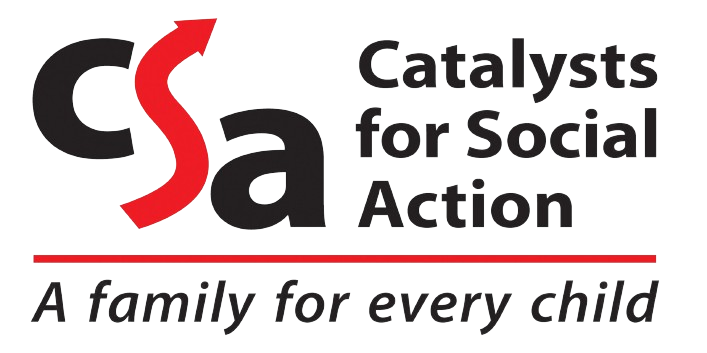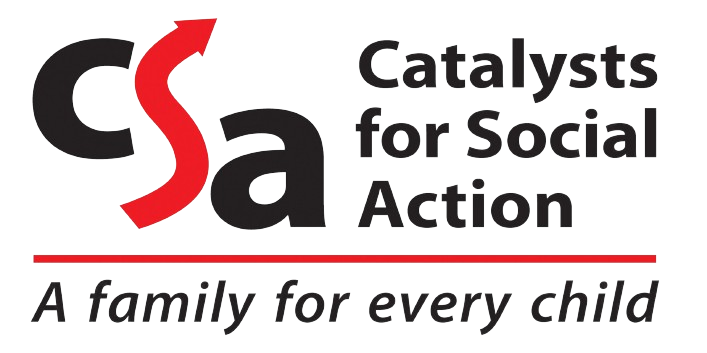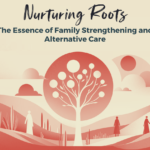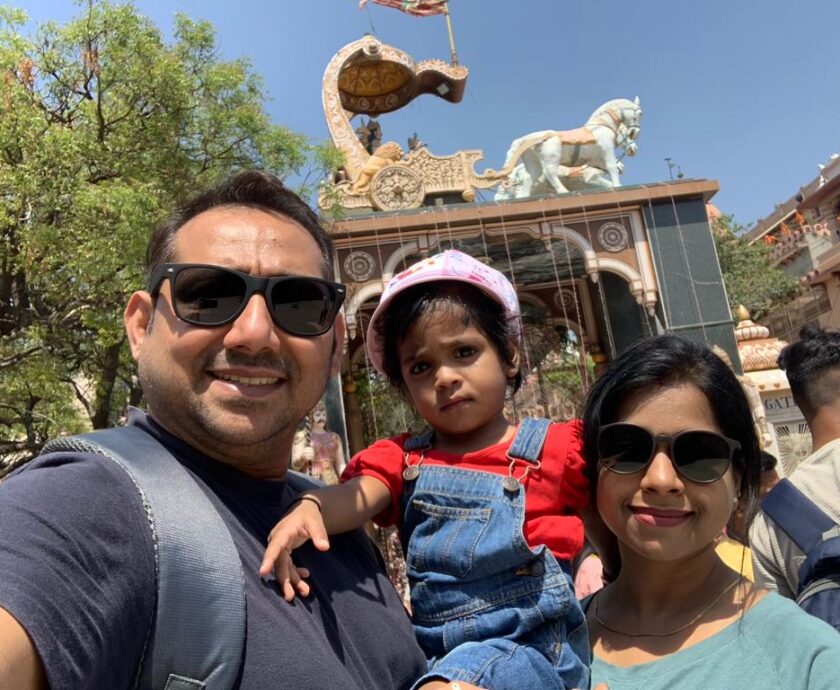The outbreak of the COVID-19 pandemic in India in March 2020 brought about unique and unprecedented challenges for India’s child care and protection systems. Uncertainty regarding how the virus would affect children led to several precautionary orders and guidelines by the concerned authorities at the National and State levels, including the Ministry of Women and Child Development, the Supreme Court, and National Commission for Protection of Child Rights.
The orders outlined preventive and responsive measures to be taken by district and state authorities and Child Care Institutions (CCIs), including ‘releasing’ children in conflict with the law admitted in Observation Homes and Special Homes and restoring children with their families.
CONTEXT
By December 2020, it was reported that as many as 1.46 lakh children had been sent back to their families from CCI as a precaution against the COVID-19 pandemic. This was significant since many children had been admitted to CCI as a child in ‘need of care and protection’ and from vulnerable familial contexts.
The Catalysts for Social Action team, during their field interventions, came across several cases of children who had been sent home to their families from the CCI but were struggling with the crisis brought about by the COVID-19 pandemic. In this context, the organization felt a need for an understanding of the procedures and processes followed during the deinstitutionalization of children during the pandemic with the objective that it could hopefully inform future action and policy on deinstitutionalization.
Thus, the Study of Deinstitutionalization and Restoration of Children in Maharashtra During the Pandemic was undertaken. The study essentially tracks the processes and procedures undertaken for sending children home from CCIs after the outbreak of COVID-19 and also documenting the child’s life at home back with the family. It was conducted with 405 parents/guardians and 254 of their children in 10 districts in Maharashtra. All these families had children who were sent home between March 1, 2020 and February 15, 2022. Interviews were also conducted with 36 officials from child welfare committees, district child protection units, and CCIs to understand their perspectives and challenges.












